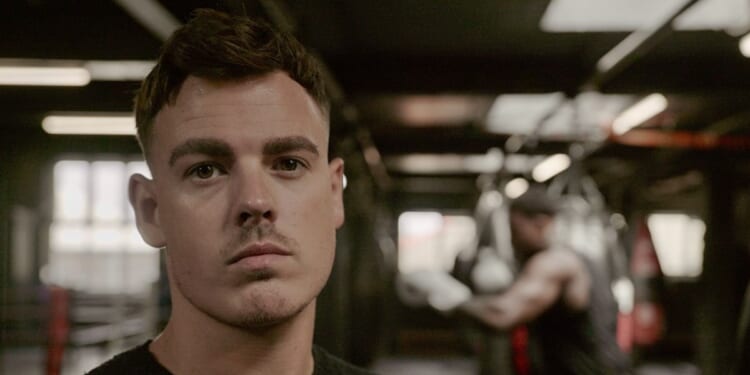AFTER reviewing Adolescence earlier this year (Media, 28 March) and observing the subsequent — and at times, overblown — discourse, I was fascinated to watch Men of the Manosphere (BBC3, 12 November, available on iPlayer). In this documentary, the filmmaker James Blake meets young males who have been attracted to this hyper-masculine corner of the internet, and he explores what drew them to such content, and its influence on their lives.
While it is tempting to reach for knee-jerk hyperbolic explanations to describe why young males might be attracted to misogynistic influencers such as Andrew Tate and Hamza Ahmed, this documentary takes a sensitive approach to a complex topic. Some young males, like 16-year-old Sam, have found companionship and meaning in such online spaces, attracted by the promise of solidarity with like-minded males and a newfound sense of purpose.
As with other forms of online content marketed to lonely young people, there is an ultra-positive self-help hook to draw them in. The messaging is concerned with physical improvement and self-determination, but also the inculcation of traditional virtues such as courage, hard work, self-control, and the “mastering of lust”.
Influencers in the manosphere tap into insecurities, pushing a narrative of success and dominance as the ultimate markers of manhood. It is a tactic that has enabled people such as Tate and Ahmed to become incredibly wealthy. Loneliness was certainly a primary motivation for some of the young men in the documentary: when asked whether he had any friends in the real world, Sam’s answer was no. The online coaching that he is receiving costs £650 a month. That is the sinister driver of the manosphere: the manipulation of lonely, insecure young men and boys solely for profit.
Wild Cherry (BBC1, 15 November, available on iPlayer) has been billed as a female version of Adolescence. Stylistically, however, it has more in common — even down to the American narration — with US mean-girl movies of the late 1990s and early noughties, such as Cruel Intentions and The Craft. The plot revolves around two wealthy and highly successful women and their pampered 16-year-old daughters. A scandal erupts when it is discovered that the daughters are making explicit videos and posting them online, but the flash-forward, dramatic foreshadowing hints at a far more dangerous and much darker outcome.
It is hard to enjoy a drama when every single character is objectionable. Unlike Adolescence, which generated a discussion about lost boys’ being passive victims of the internet, here, the girls and women are presented as malevolent and cruel, aping every nasty-girl trope imaginable. It is annoyingly formulaic, but it does contain some astute observations about the harms of parenting guided by lax and sexually liberal values. In privileged and progressive housedholds with no discernible boundaries, teenagers may find new and extreme ways of rebelling, with terrible consequences.

















